The Mohana tribe of Pakistan dominate the calm waters of the Middle Indus River, as it passes through the ancient city of Sukkur. There, in the already distant and pre-pandemic 2018, Joan Riera, founding partner of Last Places, found them for the first time after four years traveling through Pakistan. Photos from an old book about the cultures of the Subcontinent took him to Lake Manchar to meet the last nomads of the ancient river.
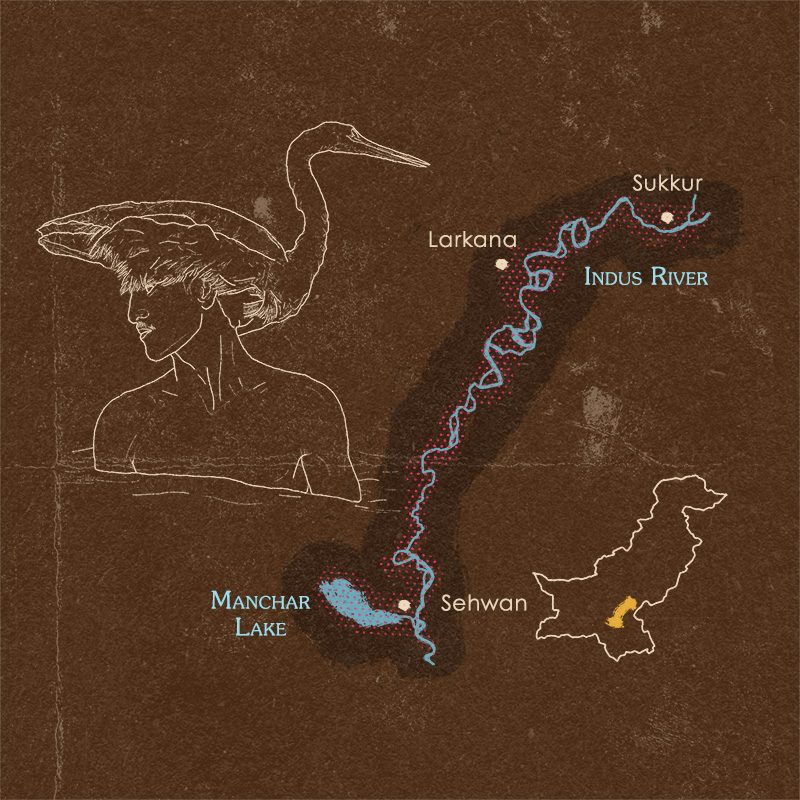
Faced with the challenges of the present, Last Places is committed to empowering the Mohanas through responsible tourism. It's a beautiful world that shouldn't disappear...
History and origin of the Mohana tribe
Historians and anthropologists trace the origins of the Mohana people to the river civilization that arose in this region between Pakistan and India 5,000 years ago. The builders of the first city on planet earth must have been very similar to the Mohana of today. People of the Dravidian phenotype, such as the aborigines of South India; dark complexion, jet-black wavy hair and an aquiline nose. People, above all, linked to the river and its tributaries.
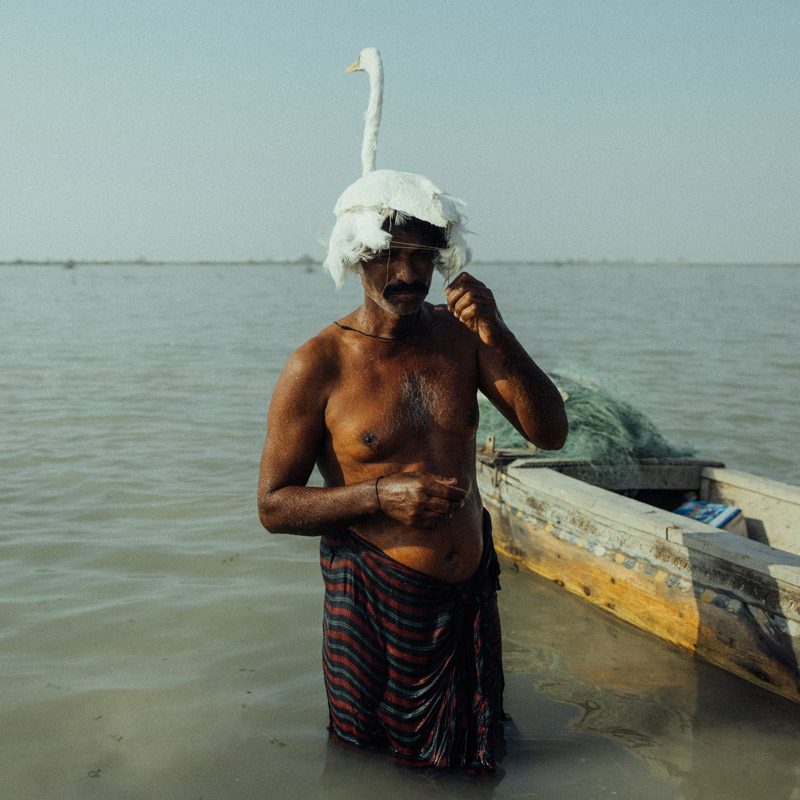
This image of a young Mohana hunter is not far from the aesthetics of the so-called Indus civilization 5,000 years ago.
Collaboration with a Mohana community
After this first visit, we created links with this town. We discovered its villages, floating houses (of which there are only about 10 active), and ancestral fishing and hunting techniques that amazed us. In 2021 we financed a water tank to supply drinking water to one of the communities that we often visit with travelers.
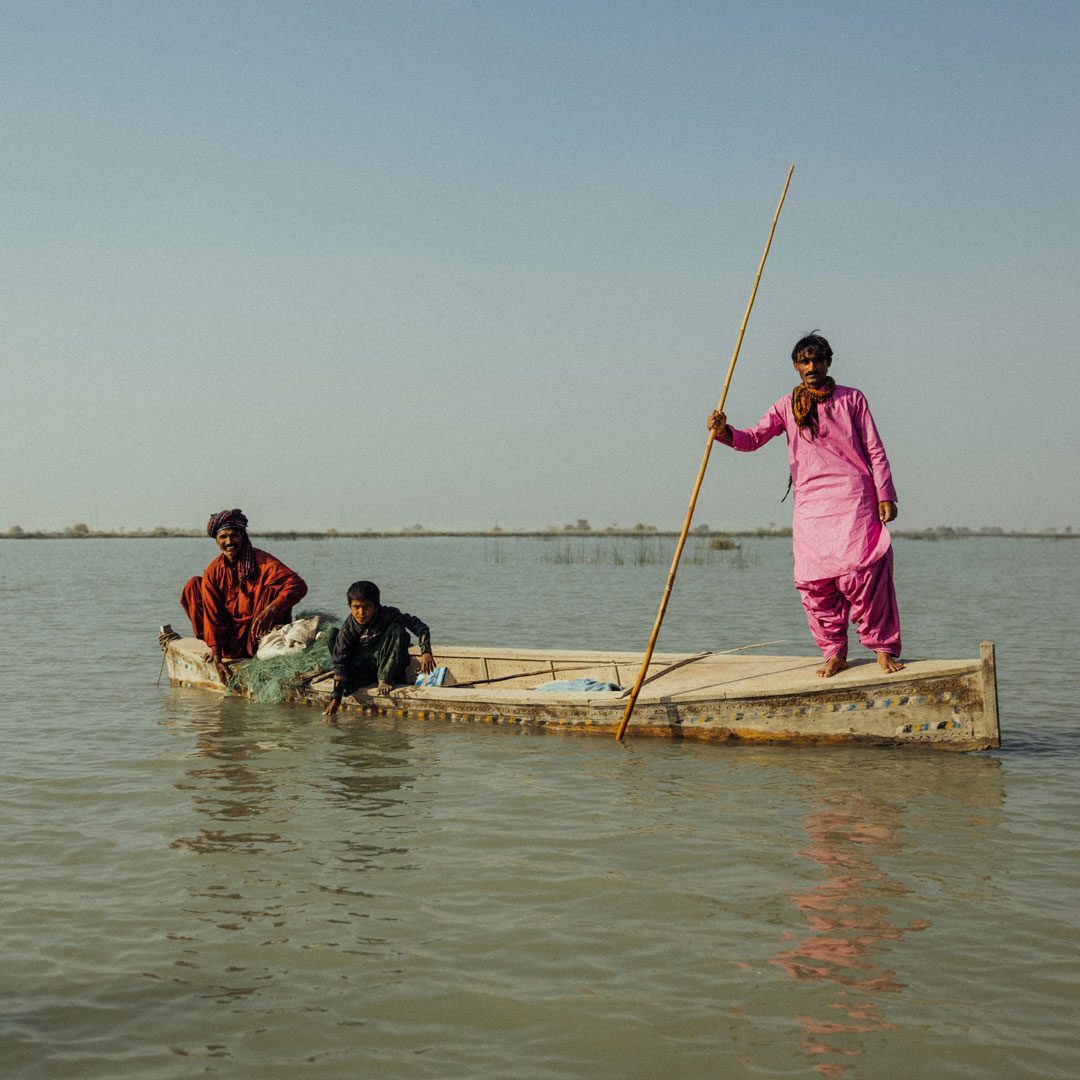
Three generations of Mohana fishermen on Lake Manchar, during an ethnographic trip to Pakistan.
With a firm desire to reinforce local structures and tribal culture, Last Places has bet on this town and every time we travel to southern Pakistan we visit them.
Through responsible tourism we empower ethnic minorities and help them maintain the ecosystem that sustains them in good condition.
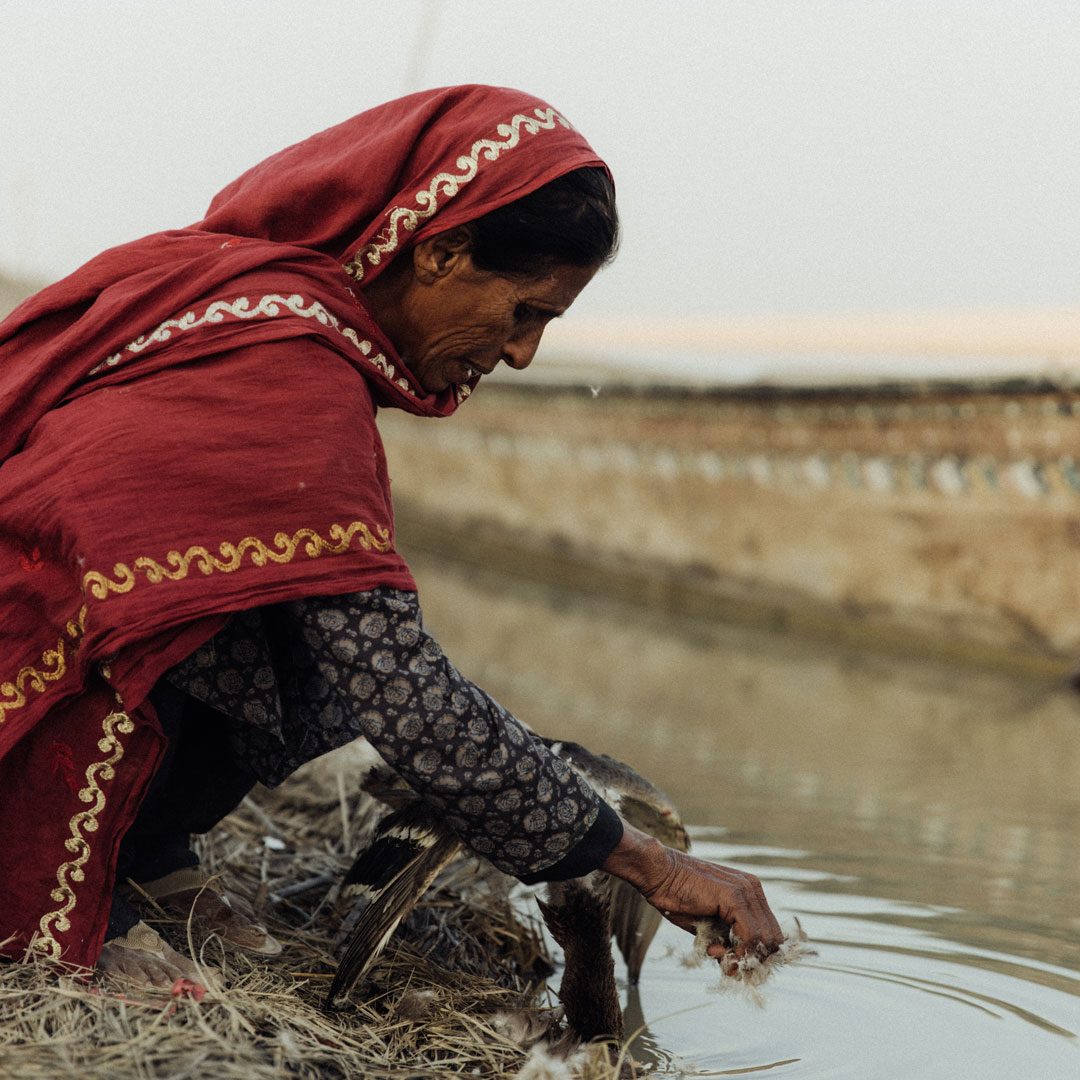
Old Mohana plucking a wild duck for the evening stew.
Do you want to meet the Mohana tribe of Pakistan?
Discover their fascinating world on our New Year trip to Pakistan from 26 December 2025 to 9 of January 2026. Click here to see more details about the trip.
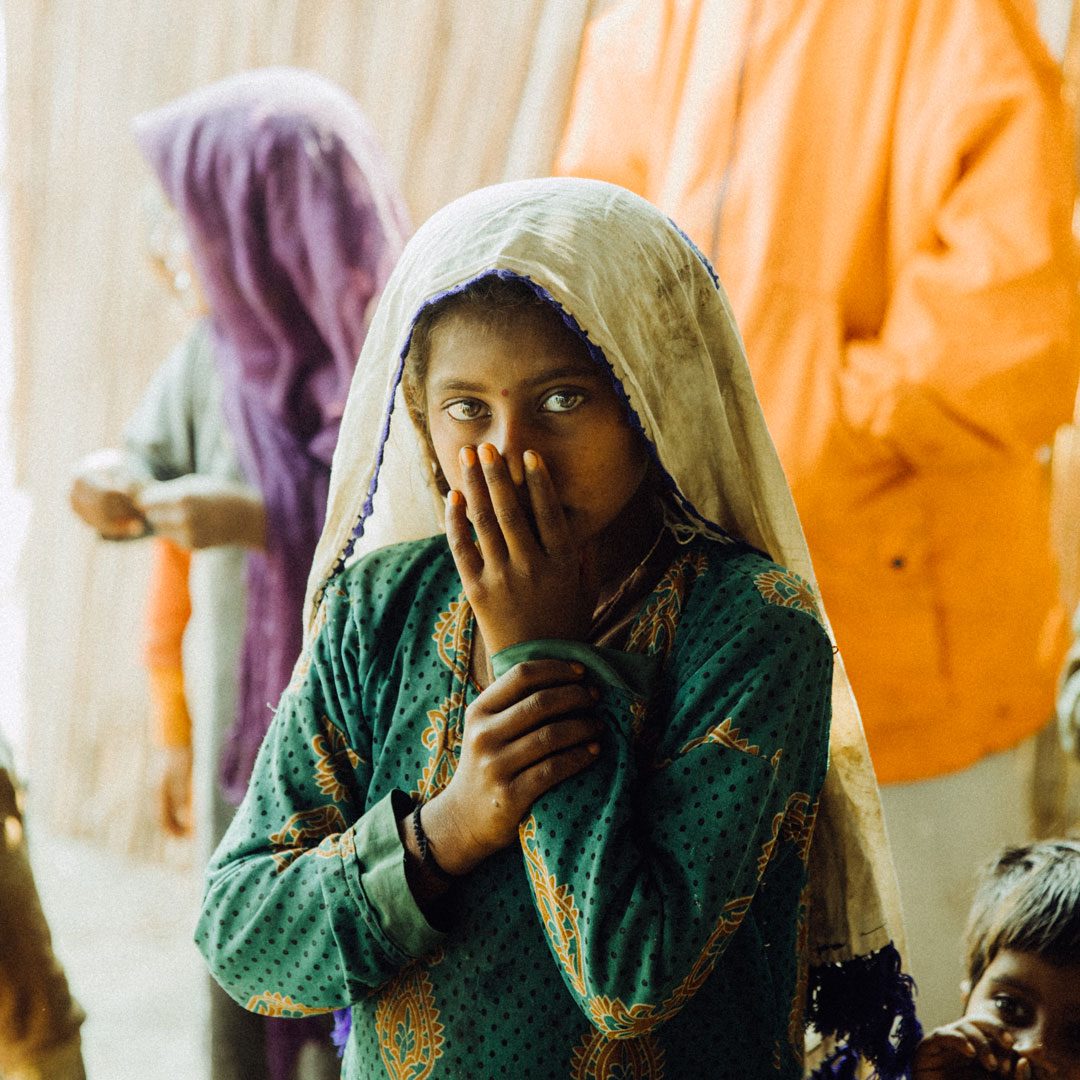
Mohana girl with an intense gaze. Mohana women play an important role in this fishing society.
Mohanan economy
The Mohana survive from traditional fishing and hunting of waterfowl. They use a poetic hunting technique with which they turn themselves into birds.
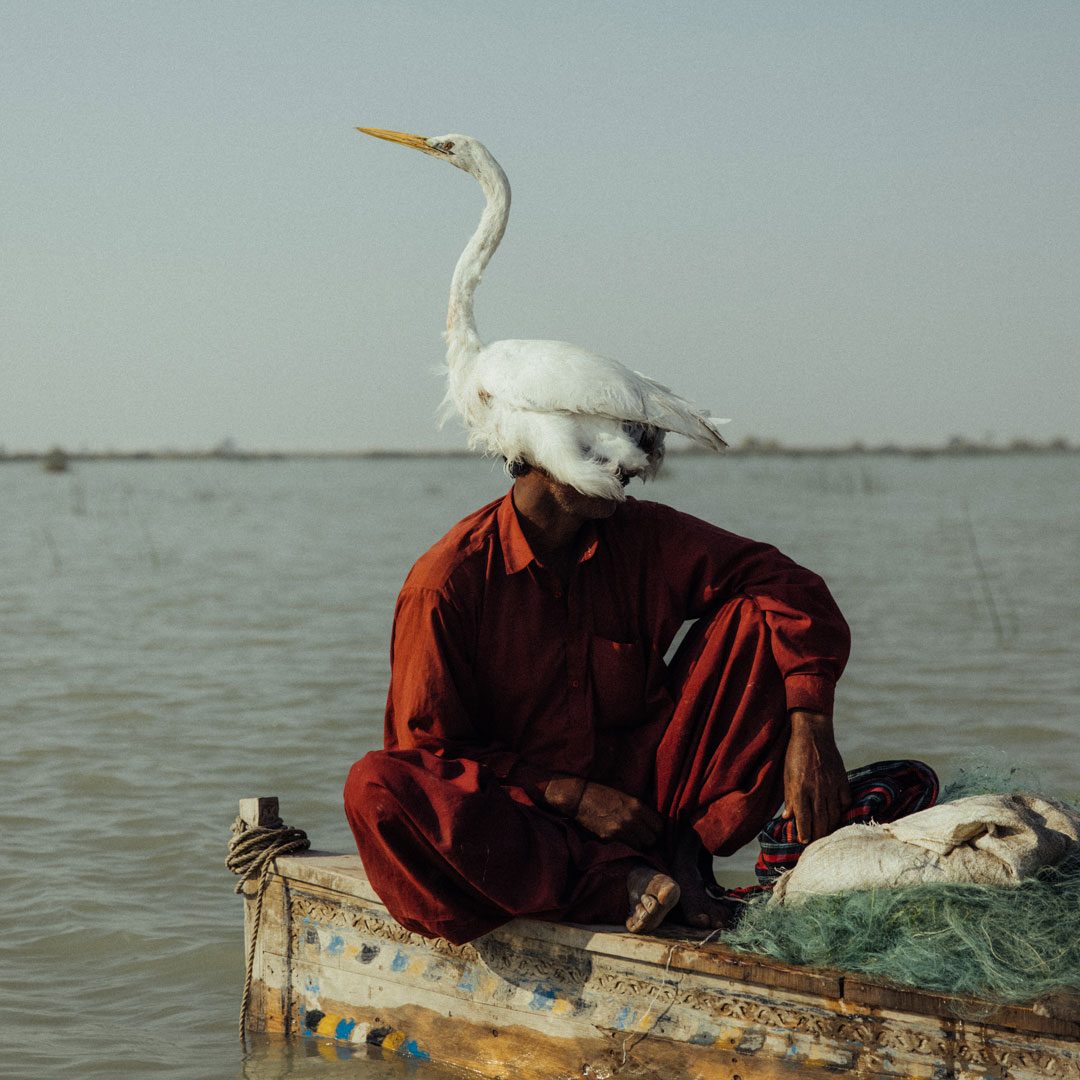
Interesting silhouette of a moana hunter with a traditional mask made with a stuffed bird.
The Mohana men cover their heads with a stuffed bird and dive into the muddy waters. They carefully approach birds swimming near the banks and catch them.
The ancient hunting technique is based on the immersion of the hunter's body, leaving only the head with the dissected bird in view. Migratory birds see that there is a bird calmly swimming and they approach thinking that it is a good place to find food and rest. It is at this time that the hunter catches wild birds underwater.
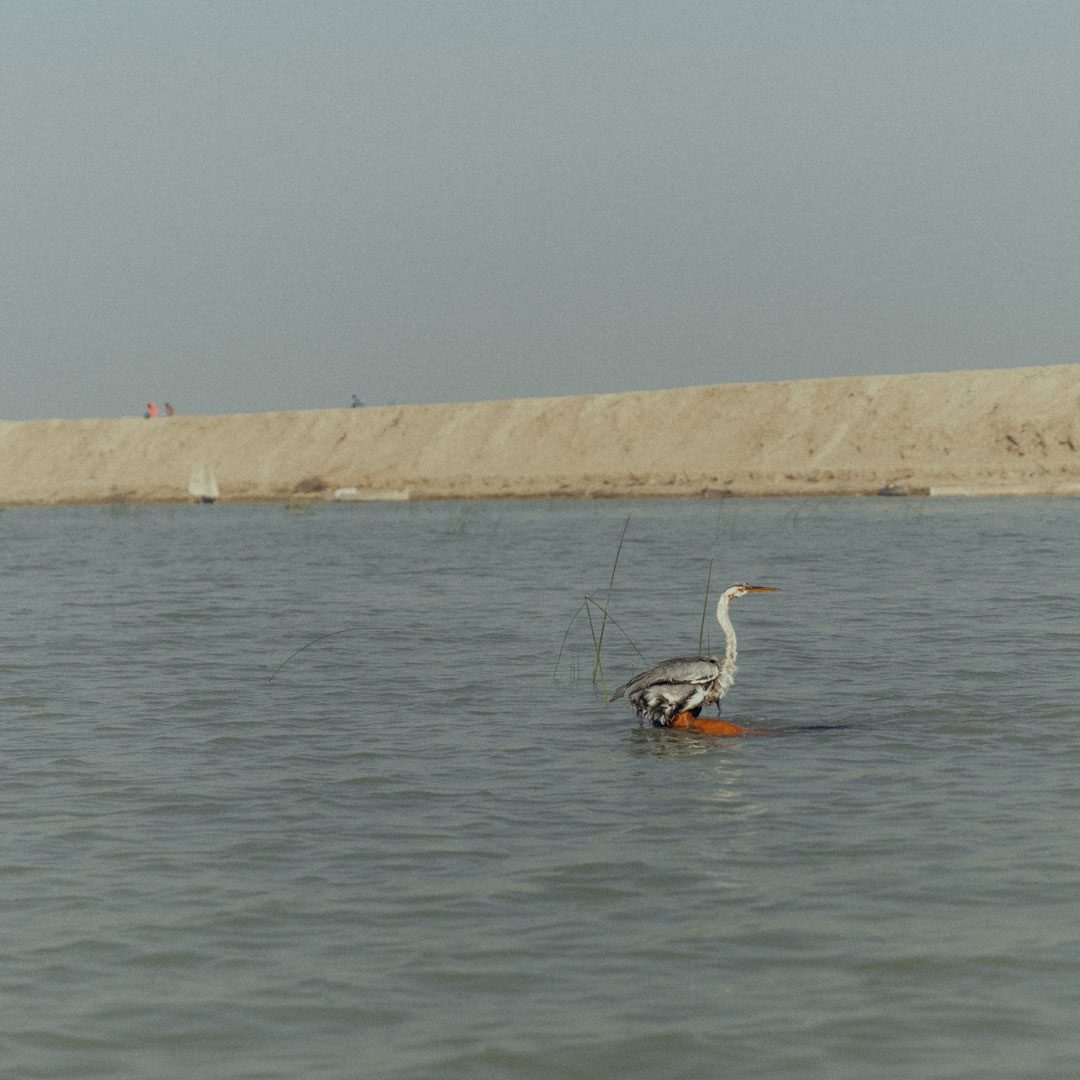
Mohana fisherman practicing traditional fishing during an ethnographic trip to Pakistan
Many end up in the pot (the Mohana do not own cattle) and others as pets that will beautify the austere Mohana villages.
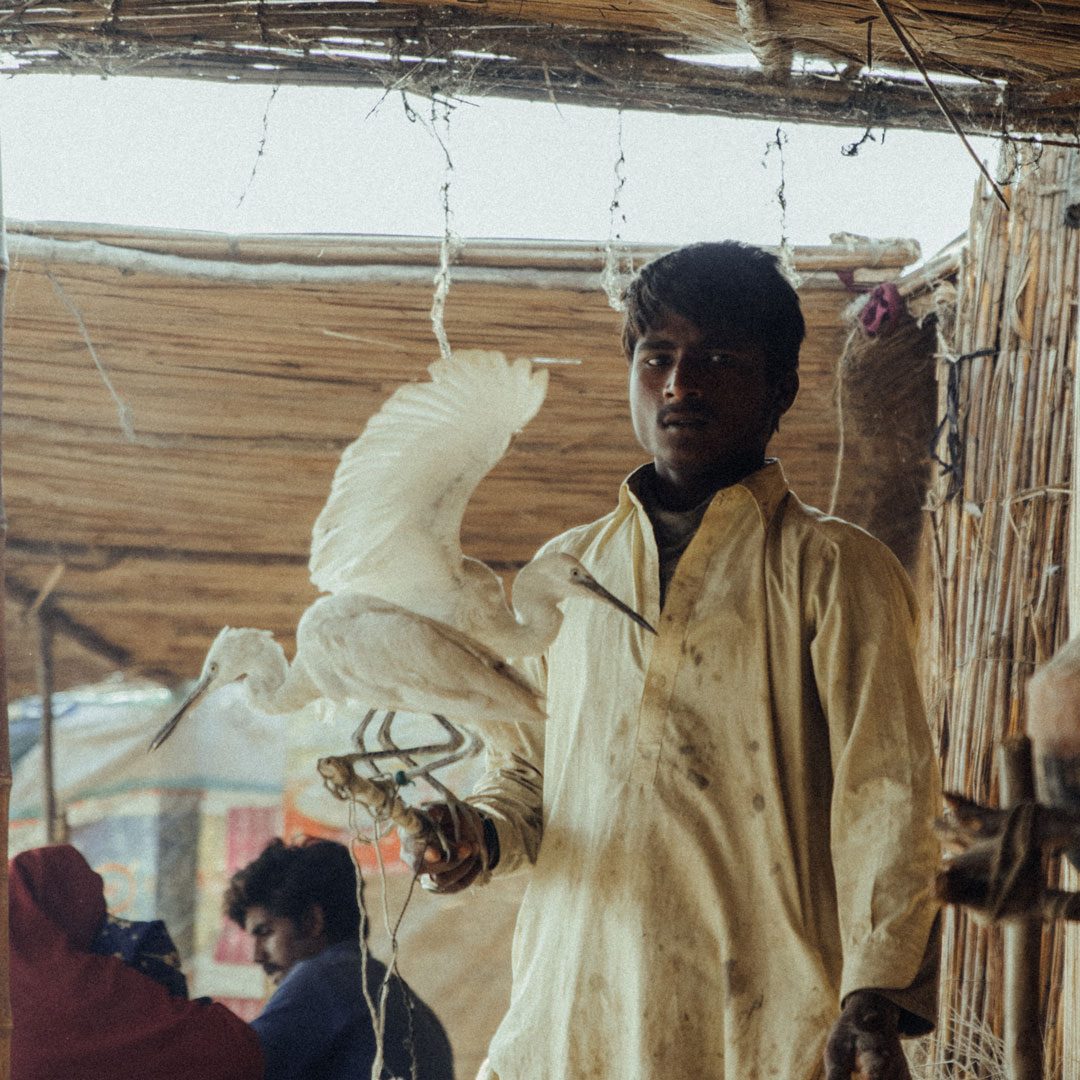
Young Mohana with his pet. A little egret, captured as a chick and tamed.
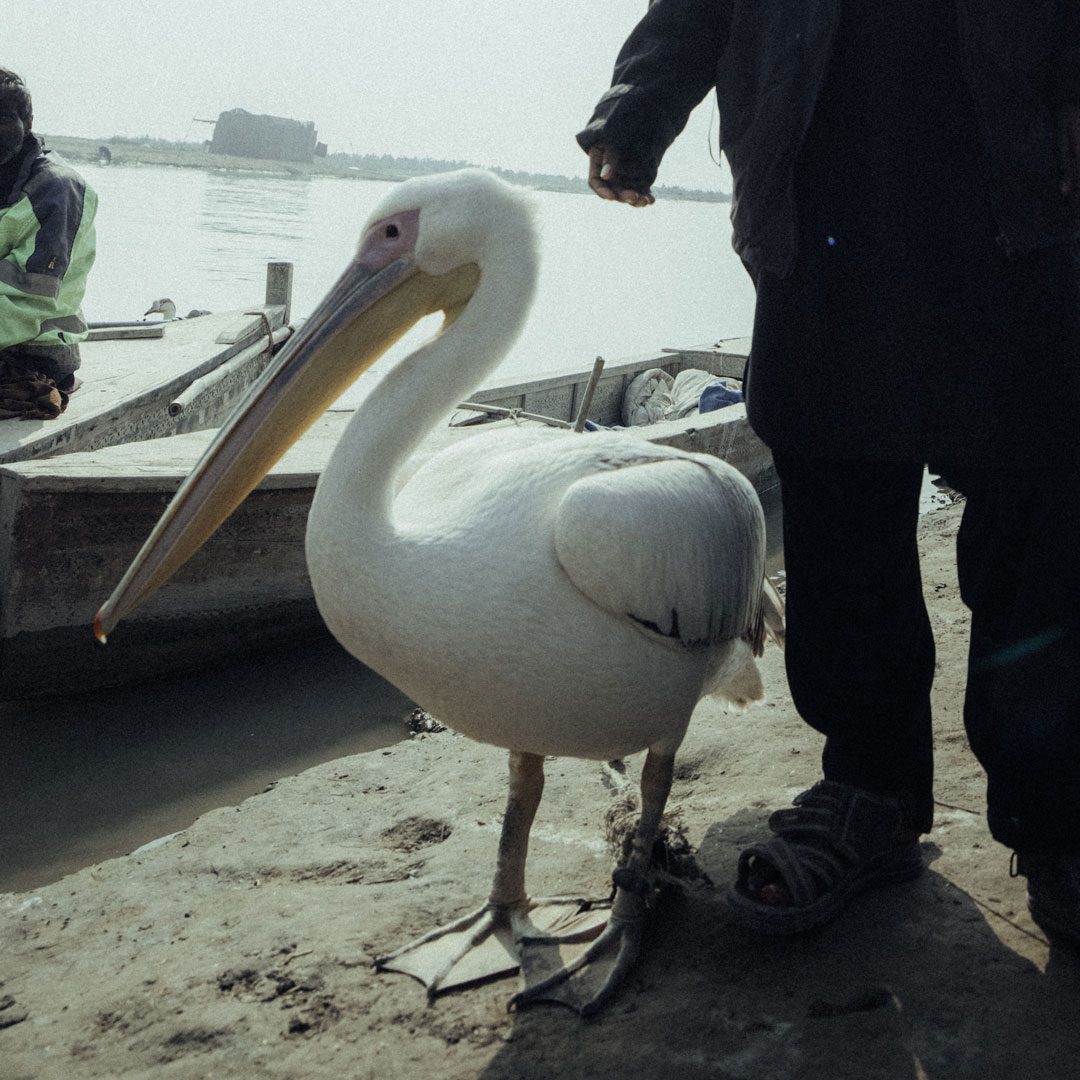
The Mohana use various river birds as pets and also as lures to attract other birds and hunt them.
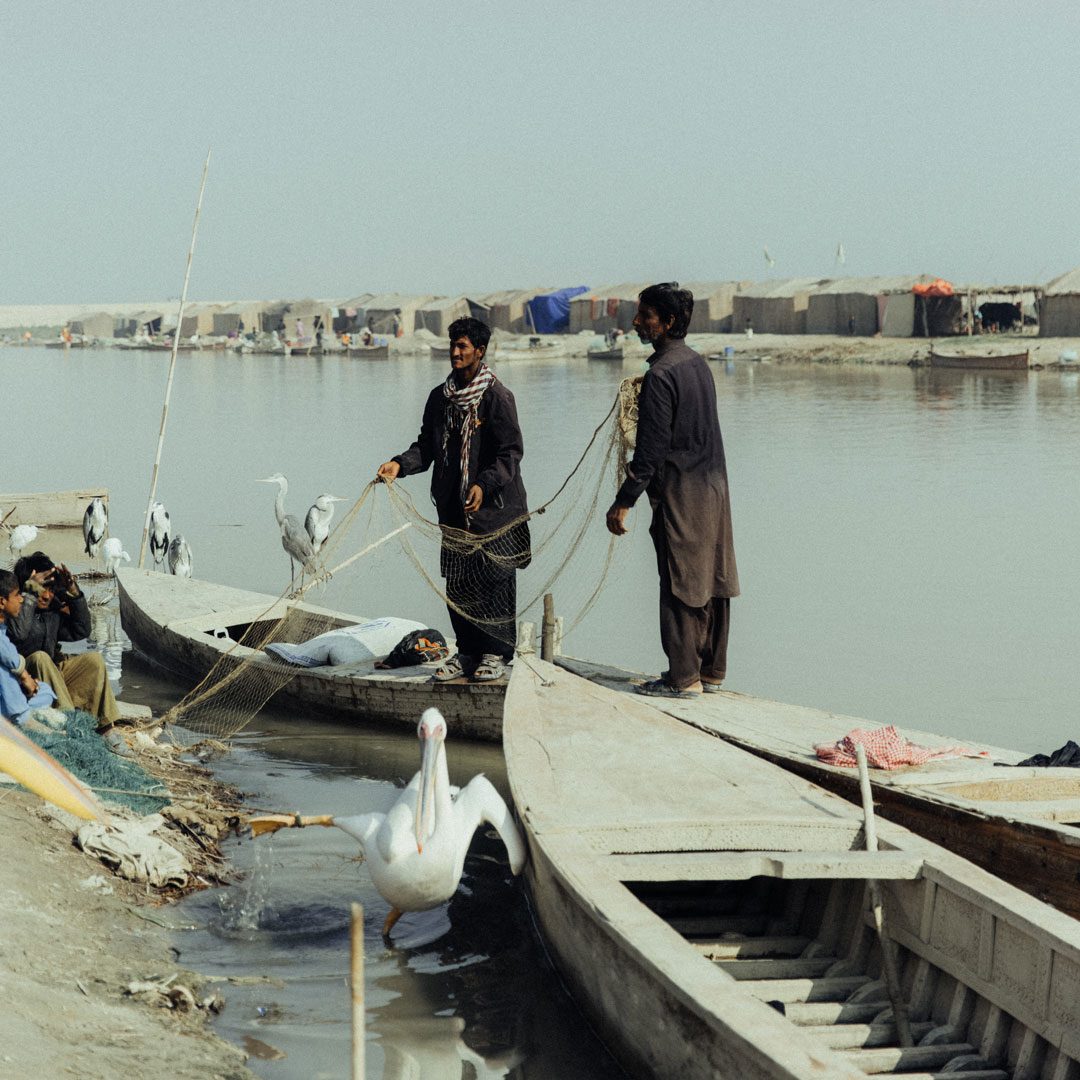
Two Mohana fishermen preparing their nets to go fishing in the waters of Lake Manchar.
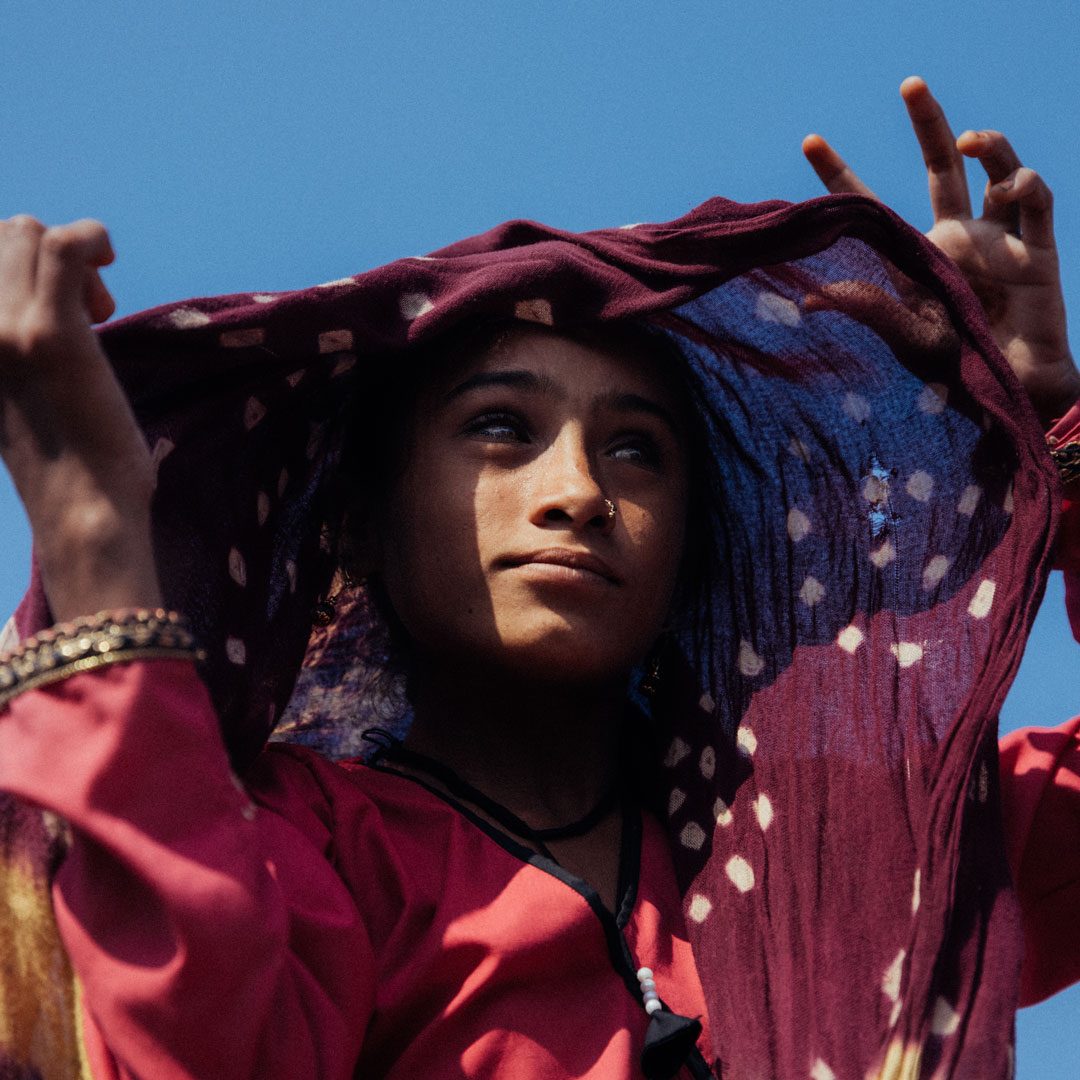
Beautiful mohana girl with nose piercing. Despite some freedom, Mohana women are married in arranged marriages from the age of 10.
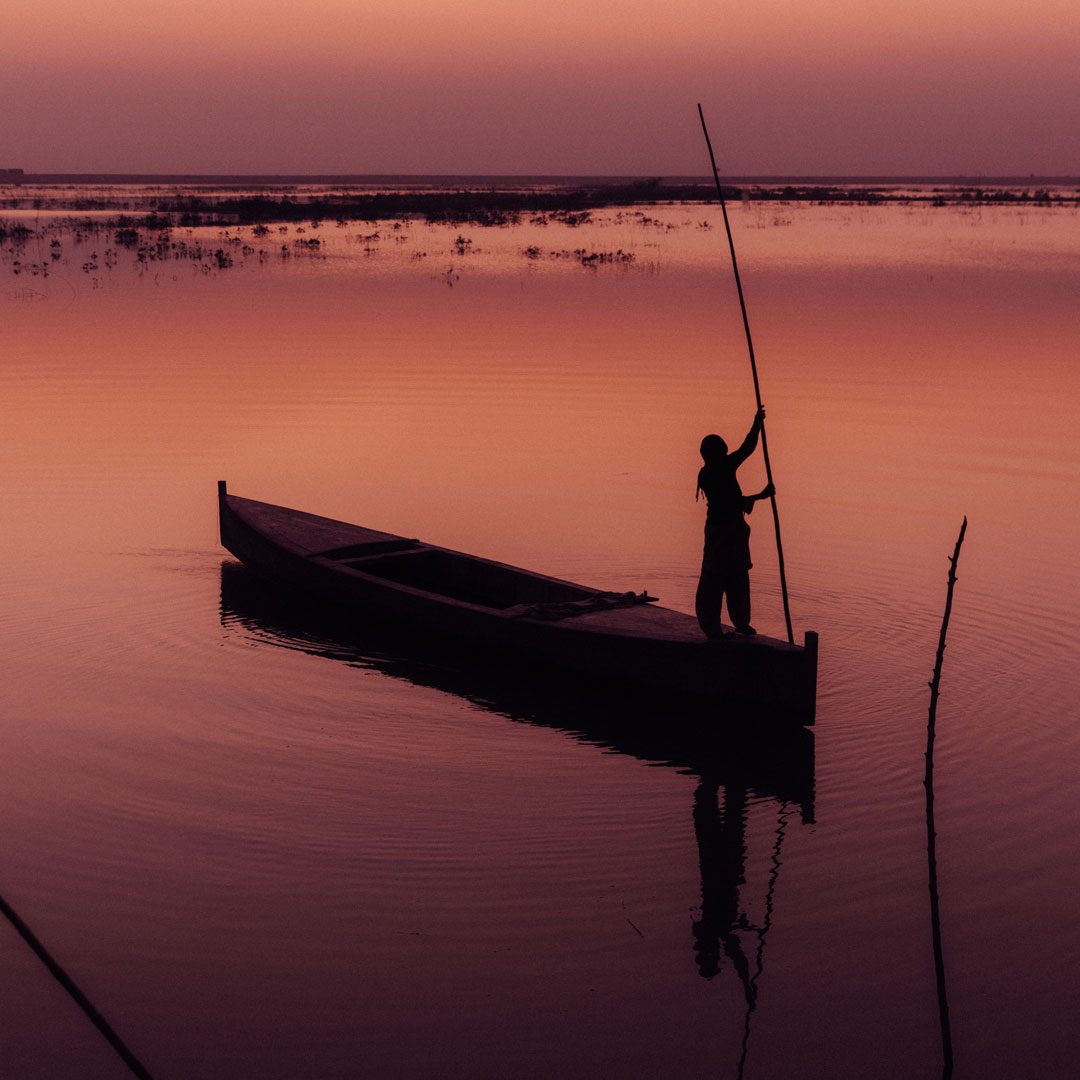
Traditional Mohana pirogue on Manchar Lake.
Mohana religion
The Mohana are mostly Sunni Muslims although they still practice some animist ceremonies linked to fishing and hunting.
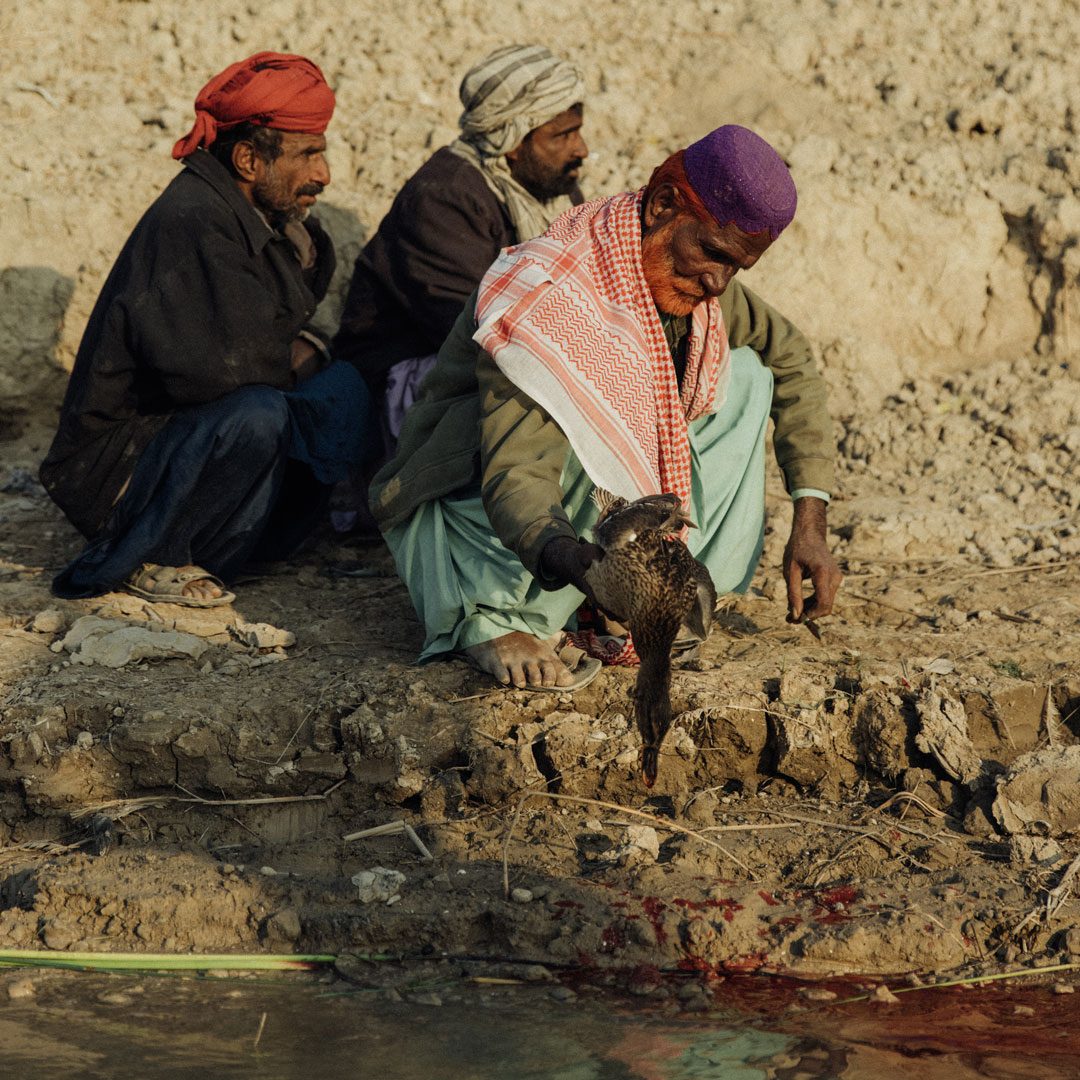
Mohana priests offering the blood of a sacrificed duck to the water sprites.
Feeding the protector gods of rivers, lakes, fish and waterfowl is key to maintaining balance in the fragile world of Mohana.
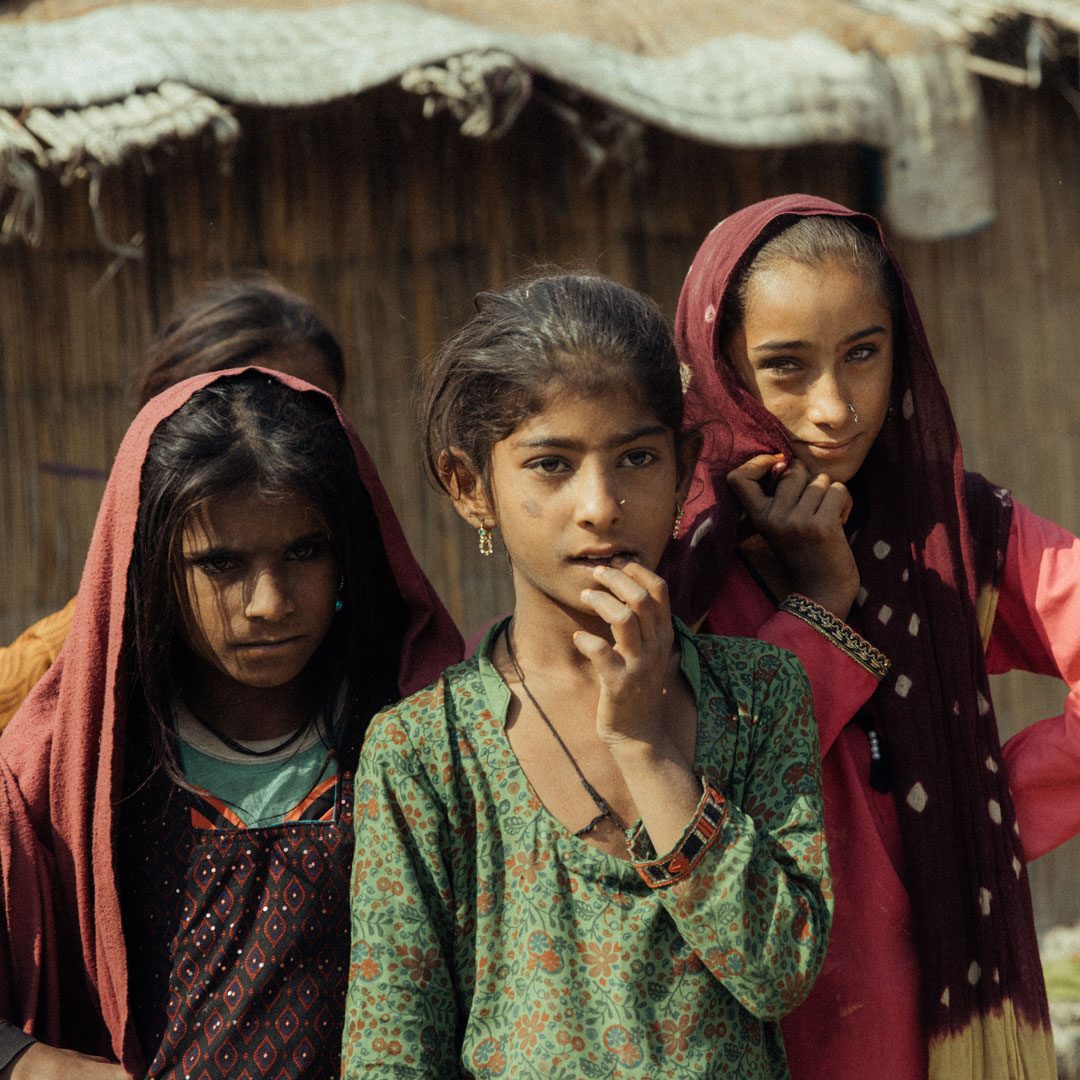
Droughts are becoming more frequent in southern Pakistan and the ecosystem where the Mohana live seems doomed to disappear.
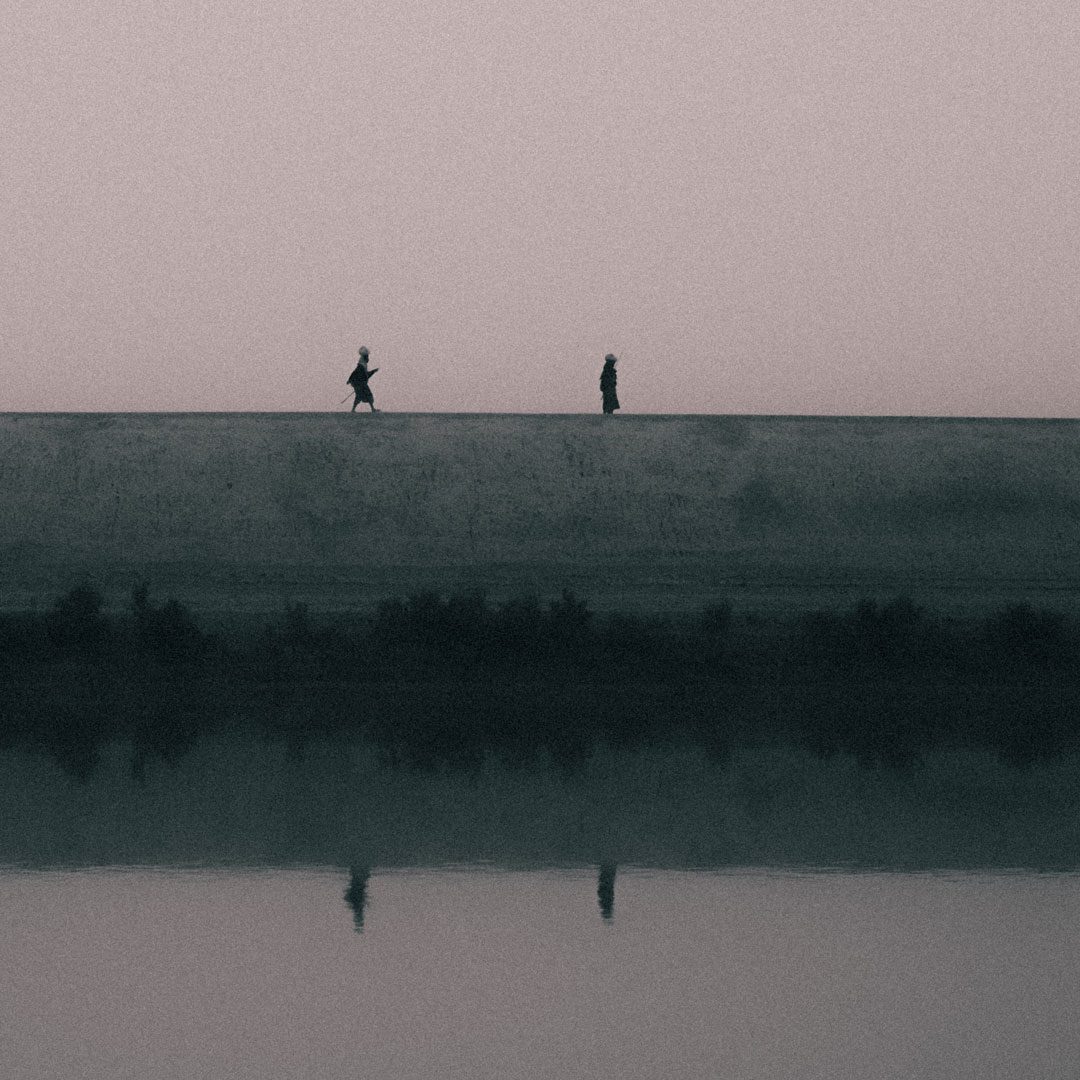
Current situation of the Mohana tribe
Droughts are becoming more frequent in southern Pakistan and the ecosystem where the Mohanas live seems doomed to disappear.
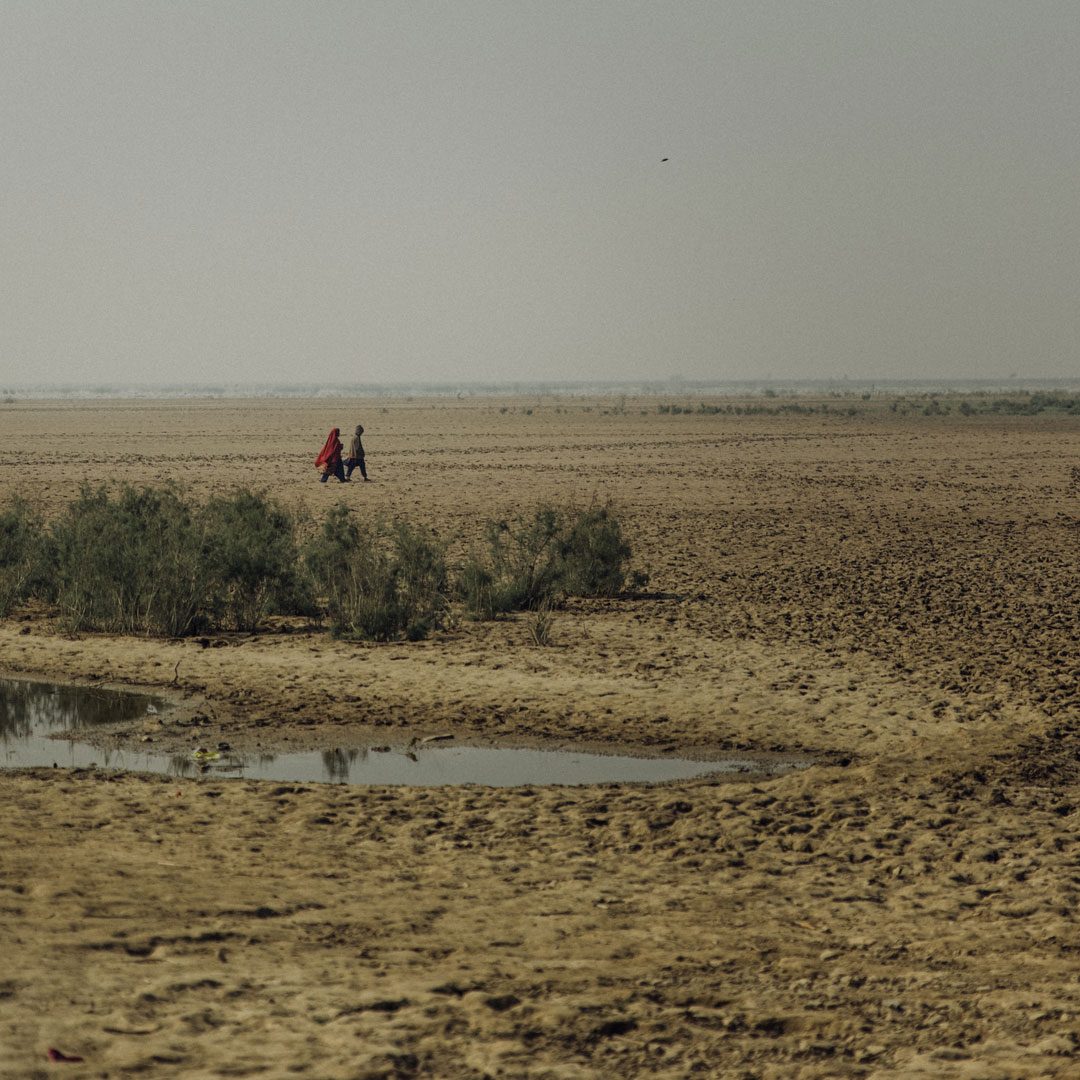
The future of the Mohana is tied to that of the waters that have fed and protected them for centuries. How long will this ancestral way of life be possible?
© Photos by Pau Clavero
